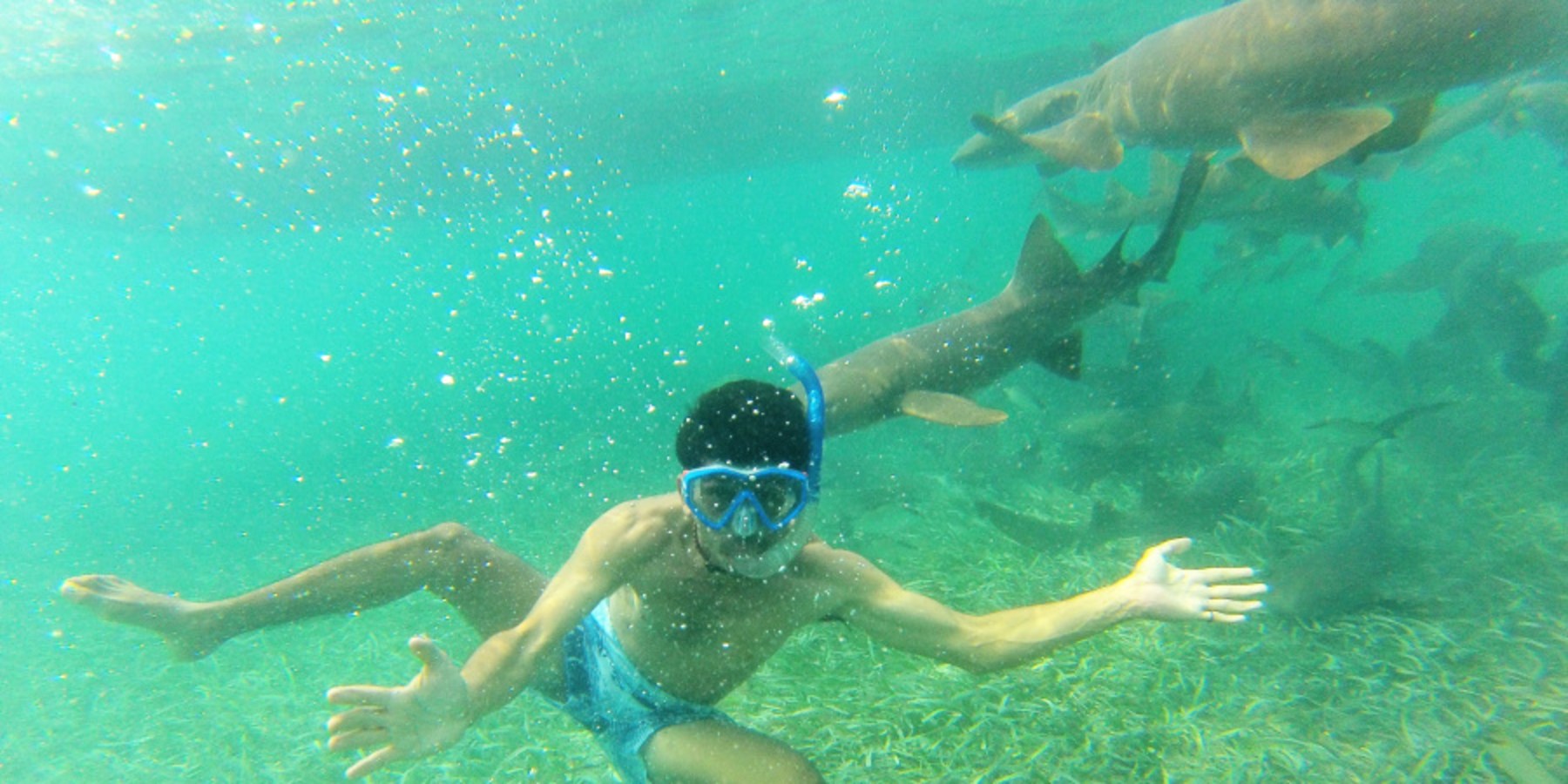
Mexico's ecological diversity is among the broadest of any country in the world, with an abundance of ecosystems ranging from the northern deserts to the central conifer forests and the southern tropical rainforests, mountains, and volcanos as well is surrounded by the Pacific Ocean in the west, the Caribbean Sea in the east and the Gulf of Mexico in the northeast. Ancient culture, great history and diverse gastronomy.
Mexico's people are proud of their land and culture, and through your travels, especially in rural areas, you will likely encounter ejidos, and cooperativos, or local cooperatives, that offer small-scale tourism services -- this may be as simple as taking visitors on a boat ride through a lake or as visible as controlling access to archaeological ruins. Ejidos will also run tours to popular ecotourism destinations similar to those offered by large travel agencies. When you deal with ejidos, everyone you encounter will be from the community and you know that your money goes directly back to them. States with a strong network of cooperatives include Chiapas, Quintana Roo, and Yucatán.
The Mexican Caribbean supports the Great Mesoamerican Barrier Reef, the second-largest reef in the world, which extends down to Honduras. This reef and other marine ecosystems face increasing pressure from sedimentation, pollution, overfishing, and exploitative recreational activities, all newly associated with growing regional tourism. The Coral Reef Alliance (CORAL) is an example of an organization that, by teaming up with the World Wildlife Fund (WWF) and United Nations Environmental Program (UNEP), has been working to address threats to the Mesoamerican Barrier Reef and improve environmental sustainability throughout the region. CORAL partners with Mexican Amigos de Sian Ka'an, Conservation International, and the Cozumel Reefs National Park in an effort to build sustainability into mass tourism (such as cruise ships and hotels). CORAL assists marine tourism operators in implementing a voluntary code of conduct for best environmental practices. CORAL is soon to spread its influence to the Yum Balam region of the Yucatán Peninsula, where guidelines for whale shark interactions are greatly needed.
Ecotourism and sustainable tourism opportunities abound in Chiapas, where a growing number of small, local tourism cooperatives have organized to take tourists on guided hikes, treks, and even kayak expeditions into the state's isolated jungles and nature reserves. The Chiapas Tourism Secretariat has information in Spanish about ecotourism at locations across the state.

